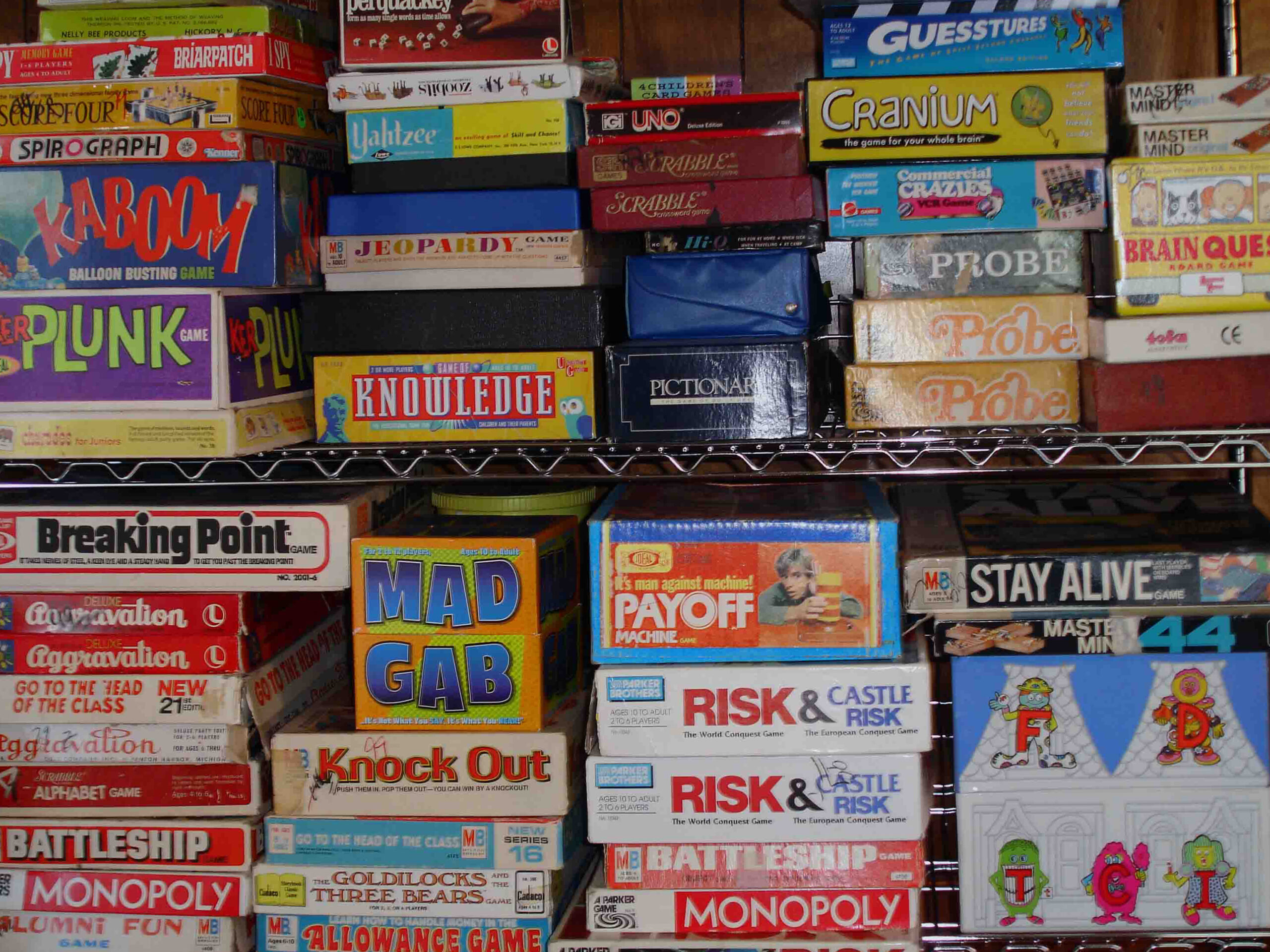Tag: board game
-
5 Tips for Playing Board Games With Younger Kids

I have two kids, boys, currently aged 5 and 7. We’ve been playing board games as a family almost from birth. Over the years, I’ve been constantly impressed by their ability to pick up and enjoy some of the most complex and involved modern board games. The 21st century board game explosion has spawned hundreds of great games geared…
-
Is Wil Wheaton’s Table Top just a reality show for board game geeks?

Yesterday Wil Wheaton wrote a blog post (and corresponding reddit post) in which he apologized for “completely screwing up the rules” in at least half (10 out of 21) of the episode of Table Top Season 3. IMHO his apology is a text book example of how not to apologize. He spends the majority of the post singling out…
-
This Week I Learned
Turns out being a dad and employed full time leaves little room for things like long blog posts. I came across a number of particularly fascinating things this week in my travels on the information super highway. Monday: Protocol relative URLs Turns out, you can leave out the protocol (http, https, ftp, etc) when including…